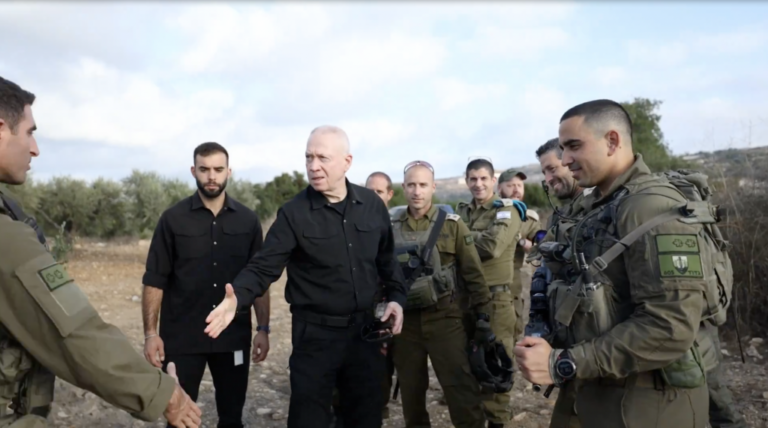The rugged mountains and dense foliage provide ample cover for Hezbollah fighters, who have spent years preparing for this moment. The group has reportedly constructed a network of tunnels and bunkers throughout southern Lebanon, creating a formidable defensive position.
Furthermore, Hezbollah’s arsenal of missiles poses a significant threat to Israel’s civilian population. The group has the capability to strike deep into Israeli territory, targeting major cities and infrastructure. Israel will have to contend with this threat while also trying to root out Hezbollah fighters from their entrenched positions.
The potential for casualties on both sides is high, and the specter of civilian deaths looms large. The conflict has the potential to escalate quickly, drawing in other regional actors and potentially spiraling out of control.
In the face of these challenges, Israel will have to carefully weigh its options and consider the potential costs of a full-scale war with Hezbollah. The outcome of this conflict remains uncertain, but one thing is clear: the stakes are high, and the consequences could be far-reaching. The situation in Southern Lebanon is currently tense, with Hezbollah firmly entrenched in the mountainous region. Despite being leaderless, Hezbollah remains a formidable force, making it a challenging adversary for Israel. In comparison to Gaza, Southern Lebanon is much larger in size, presenting a different set of challenges for Israeli forces.
An analysis in Foreign Policy highlighted that Hezbollah has grown stronger since 2000, with the ability to regroup and launch guerrilla attacks if necessary. This poses a significant threat to Israeli security and could prolong any conflict in the region.
The ongoing conflict has also taken a toll on Israeli society, with hundreds of thousands of soldiers mobilized and many lives lost. The continuous call-ups of reservists have strained the country, especially during the High Holidays when families hoped for a respite from the fighting.
In terms of international support, the United States has backed Israel’s military efforts, including the recent assassination of a Hezbollah leader. However, there are concerns about the implications of a prolonged war in Lebanon. President Joe Biden has called for a ceasefire in the region, but the situation remains precarious.
There is also the risk of a broader regional conflict if Iran retaliates against Israel for the assassination. Israeli Prime Minister Benjamin Netanyahu has warned of potential attacks on Iranian territory, further escalating tensions in the Middle East.
As the situation unfolds, it is crucial for all parties involved to work towards a peaceful resolution to prevent further escalation and loss of life. The support of the international community, including the United States, will play a crucial role in finding a way to end the conflict and restore stability to the region.
Source link

